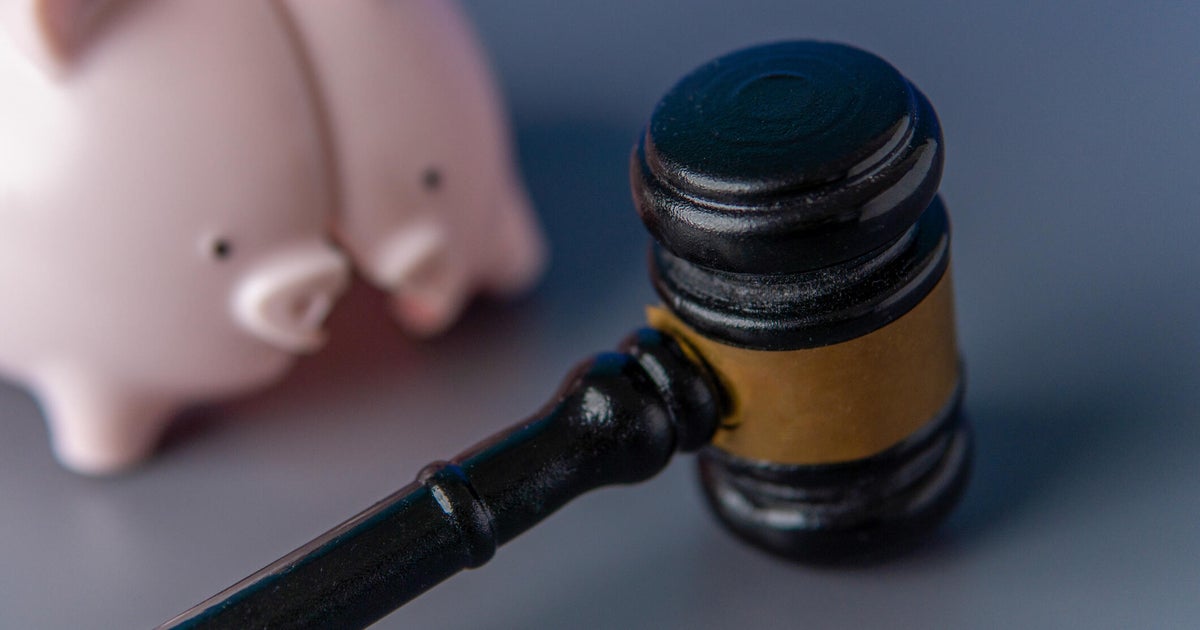4 ways to manage your credit card debt
By Susan Gulliford/ValuePenguin
The average credit card debt for an American household is $5,700,and it rises to more than $16,000 for households that do not pay off their balances each month. Clearly, while that level of debt is challenging for many households, it can be tamed and managed, along with other expenses and obligations.
Here's how to manage, and eventually pay off, a credit card debt.
Defining The Depth of Your Debt
Managing your credit card obligations begins with assessing how manageable, or not, they really are. While that sounds relatively simple, financial advisors often have a hard time assigning a specific figure or formula that defines punishing debt.
Instead, they offer more general guidelines. For example, Matthew D. Zimmelman, a bankruptcy attorney from the New York City area says he often advises clients that they are "probably carrying too much credit card debt if you cannot pay it all back within six months without liquidating investments or retirement accounts." Kelsa Dickey, a Budget Coach with Fiscal Fitness in Phoenix, tells her clients that their credit card debt is too much if they "are tying up too much money in payments," and if their debt prevents them from making positive changes such as "leaving a job you hate or saving money for a vacation."
Taming Your Obligations
Making a budget is a critical first step to managing debt and other obligations. Christine Luken, a Certified Financial Coach with 7 Pillars, LLC notes that a "budget will keep spending on track so you don't go further into debt." People also need to "get organized from a debt standpoint," says Kelsa Dickey, and thoroughly review the interest rates and balances associated with their cards. That way they can "figure how much have available each to month to tackle the debt."
Financial advisors point out that people need to avoid certain behaviors in order to get their credit card debt under control. Christine Luken tells individuals "…to stop using your credit cards in order to get them under control and make progress in paying them off. Switch to payment methods like cash, debit cards and PayPal." Kelsa Dickey advises her clients against taking "everything out of your checking account" to pay off credit card debt. If a person takes that action and then has to make a large purchase a short time later (say an emergency car repair), he or she then feels like a failure. It is best to "plan ahead and be realistic."
Be Cautious Of Debt Consolidators
Debt consolidation programs advertise that they help people address their debts. However, personal finance experts point out significant drawbacks to using these specialists. Matthew Zimmelman notes that, "it's very hard to pay down a large amount of debt when the program you are paying each month takes large fees off the top, leaving little for the creditors." He also mentions that these programs have a huge legal disadvantage. "You also are at the mercy of your creditors while enrolled in debt consolidation and they can still collect and bring suit."
In addition, consolidation programs do not always address the psychological roots of high credit card debt. Kelsa Dickey mentions that, "In general, they don't work. Debt is a symptom." Her assessment is that people end up with onerous credit card debt because, "the systems they have for managing money are failing."
Avoid a Debt Relapse
After you pay off your credit cards, you need to take steps to avoid ending up with large debts again. Christine Luken of 7 Pillars advises people to avoid a recurring problem by, in part, limiting the number of cards they carry. "If they choose to keep a credit card after their debt is paid off, I would recommend that they only have one, with a small limit. The other option would be a secured credit card.' With these options, she says, "if they get in a financial bind, the bank can cash out the savings account that is securing the card and pay it off in full."
It's also useful to have psychological reinforcement that mitigates against a backslide into debt. "When you finally pay off those debts, be proud," says Matthew D. Zimmelman. Kelsa Dickey of Fiscal Fitness notes, "People need to make a mindset shift." For her, planning ahead and taking ownership of their money are key to managing, and eventually eliminating, credit card debt.



